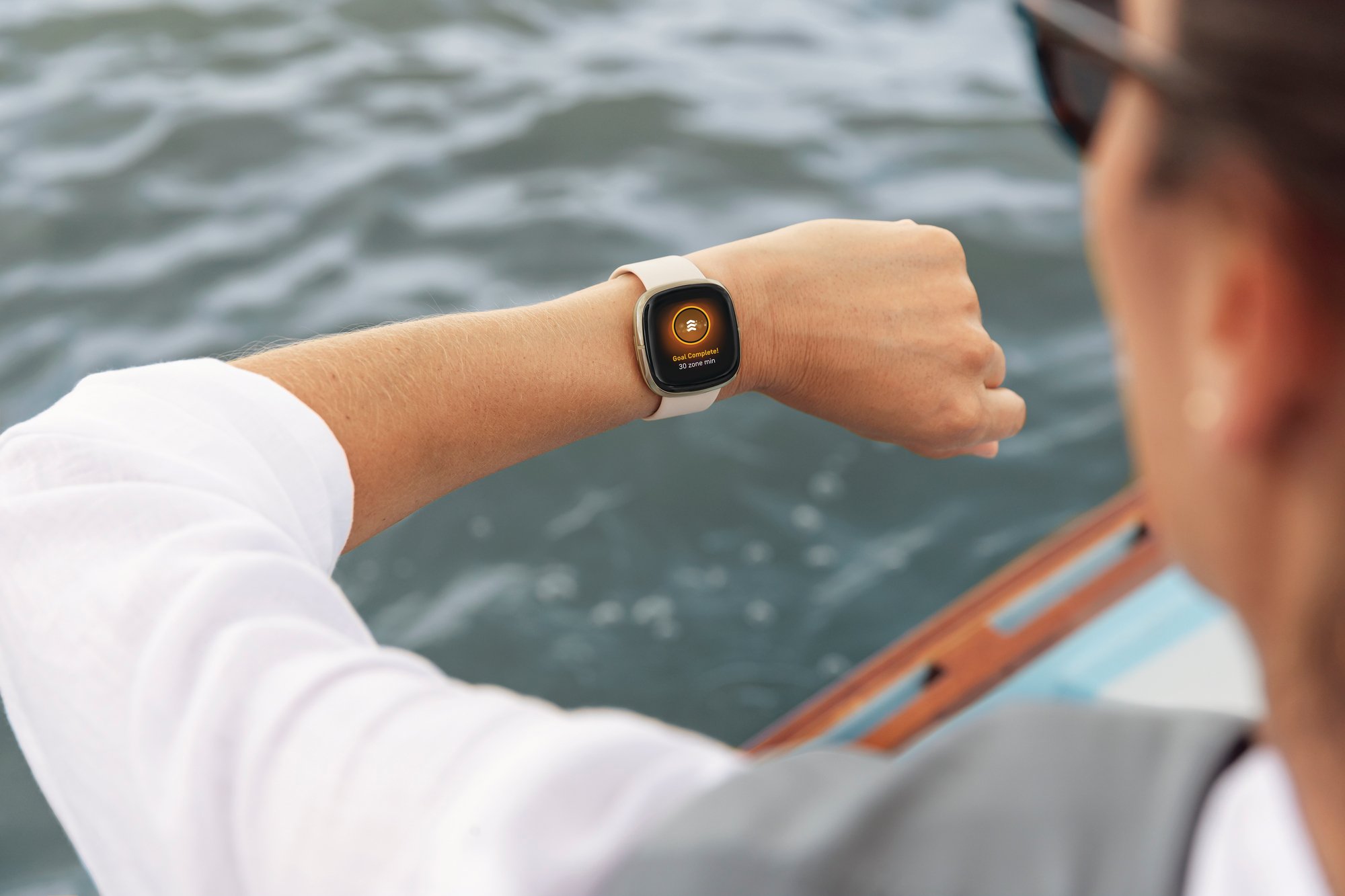Oral Roberts University, a private university in Tulsa, recently required all of its freshmen to wear Fitbit (FIT +0.00%) fitness trackers to track their exercise habits, sleep routines, and weight on a regular basis. The students are required to walk 10,000 steps every day and will be graded based on their weekly exercise routines instead of an end-of-semester field test.

Fitbit's devices. Image source: Fitbit.
Unlike many universities, ORU has always had a mandatory fitness component. In the past, students manually tracked their activity in written logs, which were turned in to the school. With Fitbit's trackers, the data will be automatically delivered over the cloud. ORU tells NBC News that its campus bookstores have already sold over 550 of Fitbit's devices.
Will other universities follow ORU's example and create a new stream of revenue for Fitbit? Or is the addressable market too small to matter?
Why Fitbit needs new sources of growth
To understand why mandatory university fitness programs might help Fitbit, we should first discuss the problems that caused its stock to plummet nearly 50% since the beginning of the year.
The biggest concern about Fitbit is its lack of a defensive moat against rival fitness tracking devices. Under Armour recently launched a suite of wearable devices, which includes a $180 UA Band fitness tracker designed by HTC, data-tracking shoes, health-tracking headphones, and a wireless scale. Meanwhile, iOS and Android Wear smartwatches continue receiving new activity-tracking apps, while low-end devices continue to commoditize the market. Motion-tracking features in newer smartphones also reduces the need for stand-alone fitness trackers.
Fitbit's sales surged 255% in 2013 and 178% in 2014, but analysts expect that growth to slow to 144% in 2015 and rise just 33% in 2016. Research company IDC reports that Fitbit's market share in the global wearables market fell from 32.8% to 22.2% between the third quarters of 2014 and 2015. Last quarter, Fitbit's non-GAAP gross margin declined from 53.9% a year earlier to 48.3%, indicating that market share losses were weighing down its bottom-line growth.

Fitbit's new Blaze smartwatch. Image source: Fitbit.
Relying on corporate wellness programs
Fitbit believes expanding into the enterprise market with corporate wellness programs could offset fickle demand among mainstream consumers. Companies pay less for medical insurance when their employees are healthier, so tracking their fitness levels with Fitbit could save a lot of money.
Last September, Target agreed to offer Fitbit's devices to its 335,000 U.S employees in one of Fitbit's largest corporate deals to date. The Target deal complements similar arrangements with big enterprise customers like Kimberly-Clark, Indiana University Health, Emory University and Healthcare, Atlantic Packaging, and Houston Methodist. Unfortunately, those deals still generate less than 10% of Fitbit's revenue.
Can universities widen Fitbit's moat?
ORU's Fitbit program is similar to those corporate wellness programs, since both programs promote bulk purchases of Fitbit devices. Like companies, universities can use Fitbits to reduce premium payments on student health insurance plans. If other universities follow ORU's lead, Fitbit could gain a new market to complement its enterprise expansion.
ORU is a tiny university with just over 3,400 students, so those orders alone won't move the needle for Fitbit, which sold 4.8 million devices last quarter. However, over 20 million students enrolled in American colleges and universities last fall. If just 5% of those students go to a university that follows ORU's lead, Fitbit could theoretically gain a million new customers -- which would give its sales a meaningful boost.
Yet that forecast could be too optimistic for two simple reasons. First, many students might already own Fitbits, smartwatches, or comparable activity-tracking devices. Second, privacy concerns about schools incessantly tracking students' movements could prevent larger universities from adopting similar programs.
An interesting idea, but not a game-changer
The mandatory use of Fitbit devices for college students is intriguing, but I doubt it will ever become a sustainable source of growth like corporate wellness programs. While ORU has a great forward-thinking attitude regarding technology and physical fitness programs, there's simply not enough incentive for most universities to adopt similar programs.





